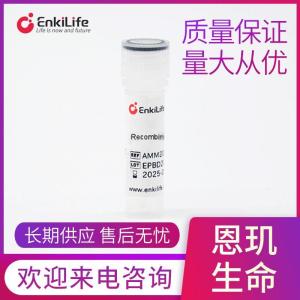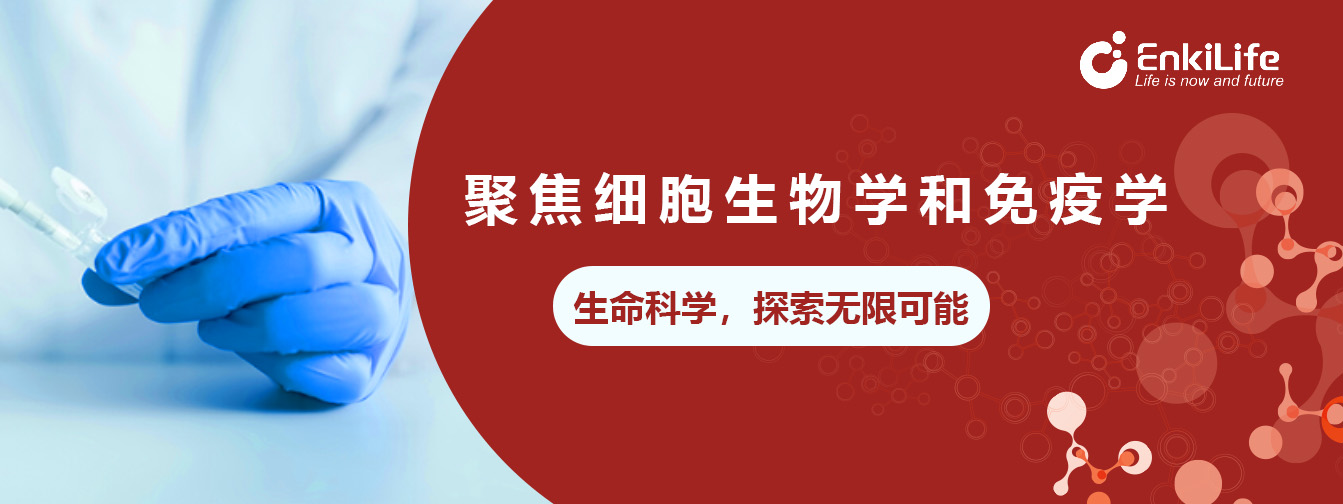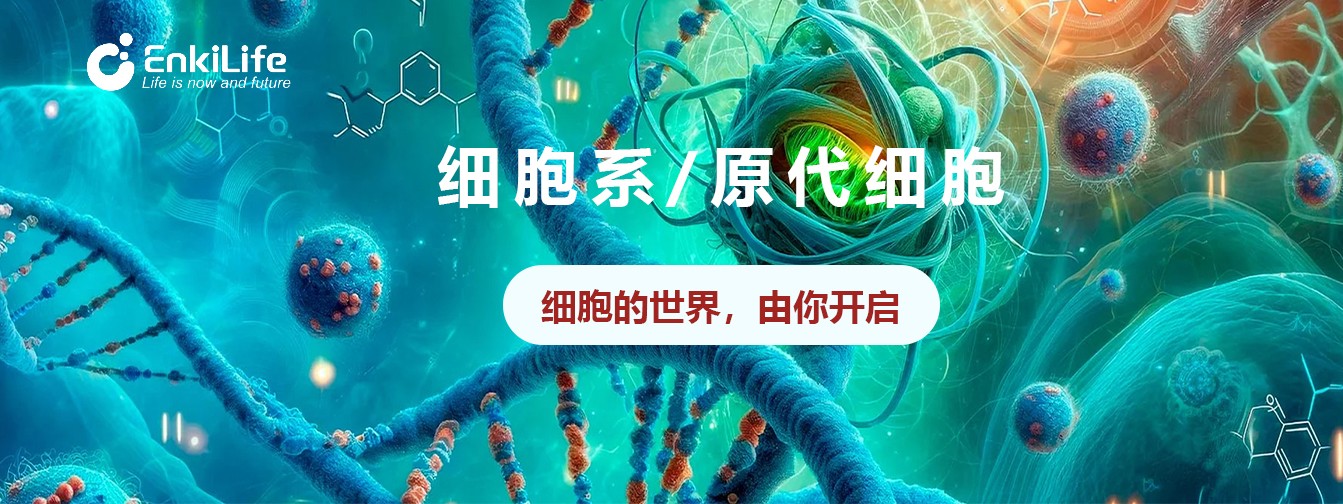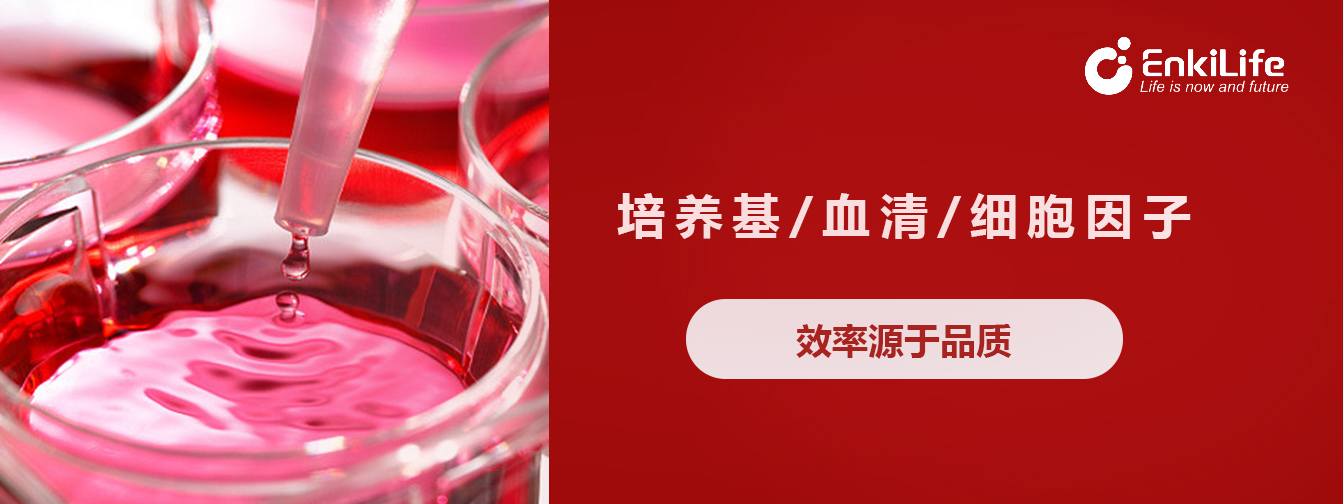
|
- 品牌:EnkiLife
- 产地:中国
- 型号:50μg
- 货号:PHM0969
- 纯度:95
- 价格: ¥1100/支
- 发布日期: 2025-06-23
- 更新日期: 2025-11-14
| 产地 | 中国 |
| 品牌 | EnkiLife |
| 货号 | PHM0969 |
| 用途 | |
| 包装规格 | 50μg |
| 纯度 | 95% |
| CAS编号 | |
| 是否进口 | 否 |
| 产品名称 | Recombinant Mouse IFN gamma (C-6His) |
| 英文名称 | IFN gamma/IFN-gamma/IFN-γ/Interferon γ |
| 纯度 | Greater than 95% as determined by reducing SDS-PAGE |
| 内毒素 | <1 EU/μg as determined by LAL test. |
| 蛋白构建 | Recombinant Mouse Interferon Gamma is produced by our Mammalian expression system and the target gene encoding His23-Cys155 is expressed with a 6His tag at the C-terminus. |
| Accession | P01580 |
| 表达宿主 | Human Cells |
| 种属 | Mouse |
| 预测分子量 | 16.6 KDa |
| 制剂 | Lyophilized from a 0.2 μm filtered solution of PBS, 5% Trehalose, pH 7.4. |
| 运输方式 | The product is shipped at ambient temperature.Upon receipt, store it immediately at the temperature listed below. |
| 稳定性&储存 | Lyophilized protein should be stored at ≤ -20°C, stable for one year after receipt.Reconstituted protein solution can be stored at 2-8°C for 2-7 days.Aliquots of reconstituted samples are stable at ≤ -20°C for 3 months. |
| 复溶 | Always centrifuge tubes before opening.Do not mix by vortex or pipetting.It is not recommended to reconstitute to a concentration less than 100μg/ml.Dissolve the lyophilized protein in distilled water.Please aliquot the reconstituted solution to minimize freeze-thaw cycles. |
| 分子别名 |
| Ifng; Interferon gamma; IFN-gamma |
| 背景介绍 |
| Mouse Ifng is a secreted protein which belongs to the type I I (or gamma) interferon family. IFNG is produced by lymphocytes and activated by specific antigens or mitogens. In addition to having antiviral activity, IFNG also has important immunoregulatory functions. It is a potent activator of macrophages and has antiproliferative effects on transformed cells. It can potentiate the antiviral and antitumor effects of the type I interferons. Genetic variation in IFNG is associated with the risk of aplastic anemia (AA) which is a rare disease in which the reduction of the circulating blood cells results from damage to the stem cell pool in bone marrow. In most patients, the stem cell lesion is caused by an autoimmune attack. T-lymphocytes, activated by an endogenous or exogenous, and most often unknown antigenic stimulus, secrete cytokines, including IFN-gamma, which would in turn be able to suppress hematopoiesis. |
注意事项
本司产品仅用于科研,不用于临床诊断




